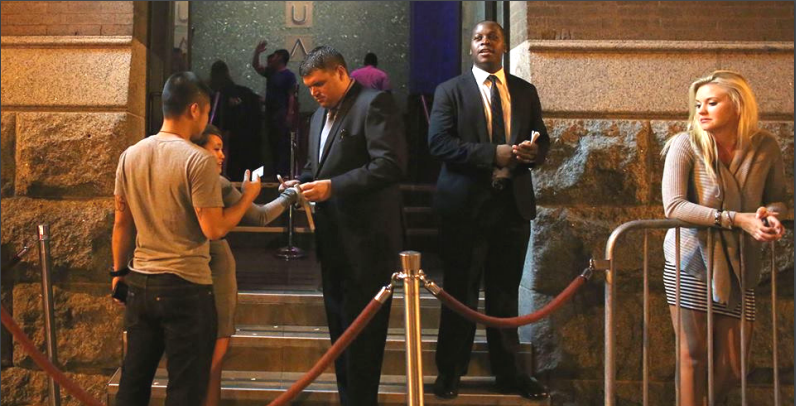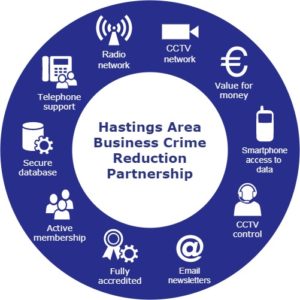The following reminder has been provided by Sussex Police licensing and can be downloaded as a PDF here.
You already have a legal obligation to refuse the service of alcohol to anyone who is intoxicated or underage on your premises, and must adhere to any conditions on your licence regarding where and when children are allowed in your pub. But it is worth remembering that outside of this, you must not fall foul of discrimination laws when it comes to refusing entry.
Here is a reminder of the basics from licensing law firm Poppleston Allen to keep you within the law:
- The starting point is that despite the name, a “public” house, your pub is not open to the general public, and is still private property;
- You have the right to refuse entry to whomever you wish, provided this is within the constraints of the law;
- Any person who is intoxicated should (although it is not a legal requirement) be refused entry to your pub as a matter of good practice;
- If your pub is used primarily or exclusively for the sale of alcohol for consumption on the premises, then any person under the age of 16 must be accompanied by an adult and, after midnight if alcohol is being sold, then regardless of the use of your premises, any person under the age of 16 must be accompanied by an adult;
- Entry cannot be refused on the grounds of race (which includes ethnic or national origins, colour and nationality). You cannot therefore refuse entry to somebody who may be termed as “travelers” because by doing so, in the words of a judge in a recent case, this would mean that “travelers were suffused with the stereotypical assumption that Irish travelers and English Gypsies cause disorder wherever they go”;
- Under the Equality Act 2010, “Everyone accessing your…facilities…, should do so fairly, regardless of their age, gender, race, sexual orientation, disability, gender reassignment, religion or belief”. Therefore you cannot refuse any person access to your premises or, indeed, refuse them any level of service you would otherwise provide to customers on any of those grounds.
- You can refuse entry to somebody on the basis of a dress code, or if they refuse to be searched or produce identification when requested to do so; again, provided you are in no way discriminating who you are choosing to search or ask for ID;
- Once a customer is inside, you are quite at liberty to ask anyone to leave, normally on the grounds of their behaviour, again, provided this is not done on discriminatory grounds;
- You should train all of your staff and, in particular, any door staff to ensure that they are familiar with the law, and keep records of such training;
- Acting in a discriminatory fashion is not a criminal offence but, instead, the person discriminated against could seek compensation through the Civil Courts, normally for injury to feelings.

